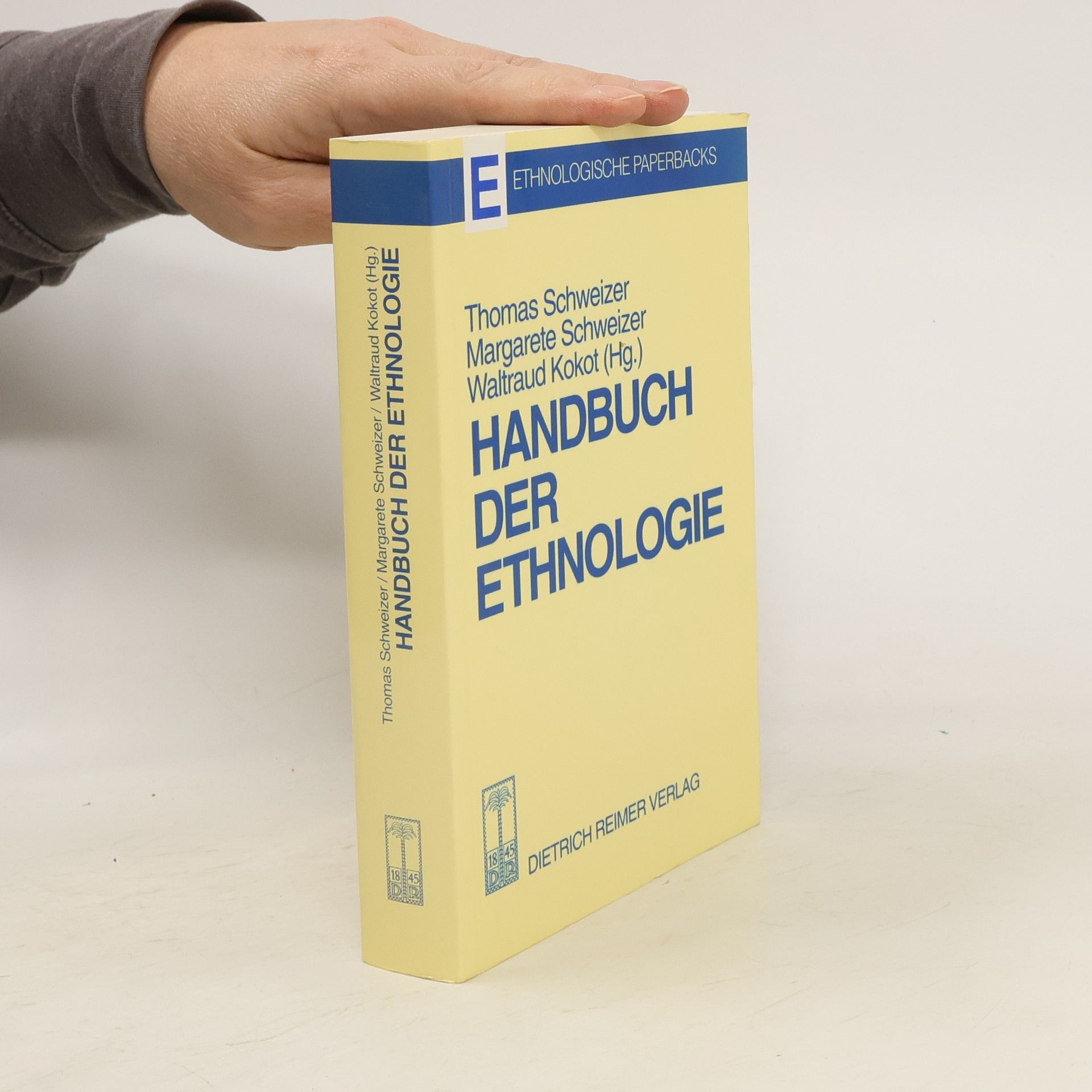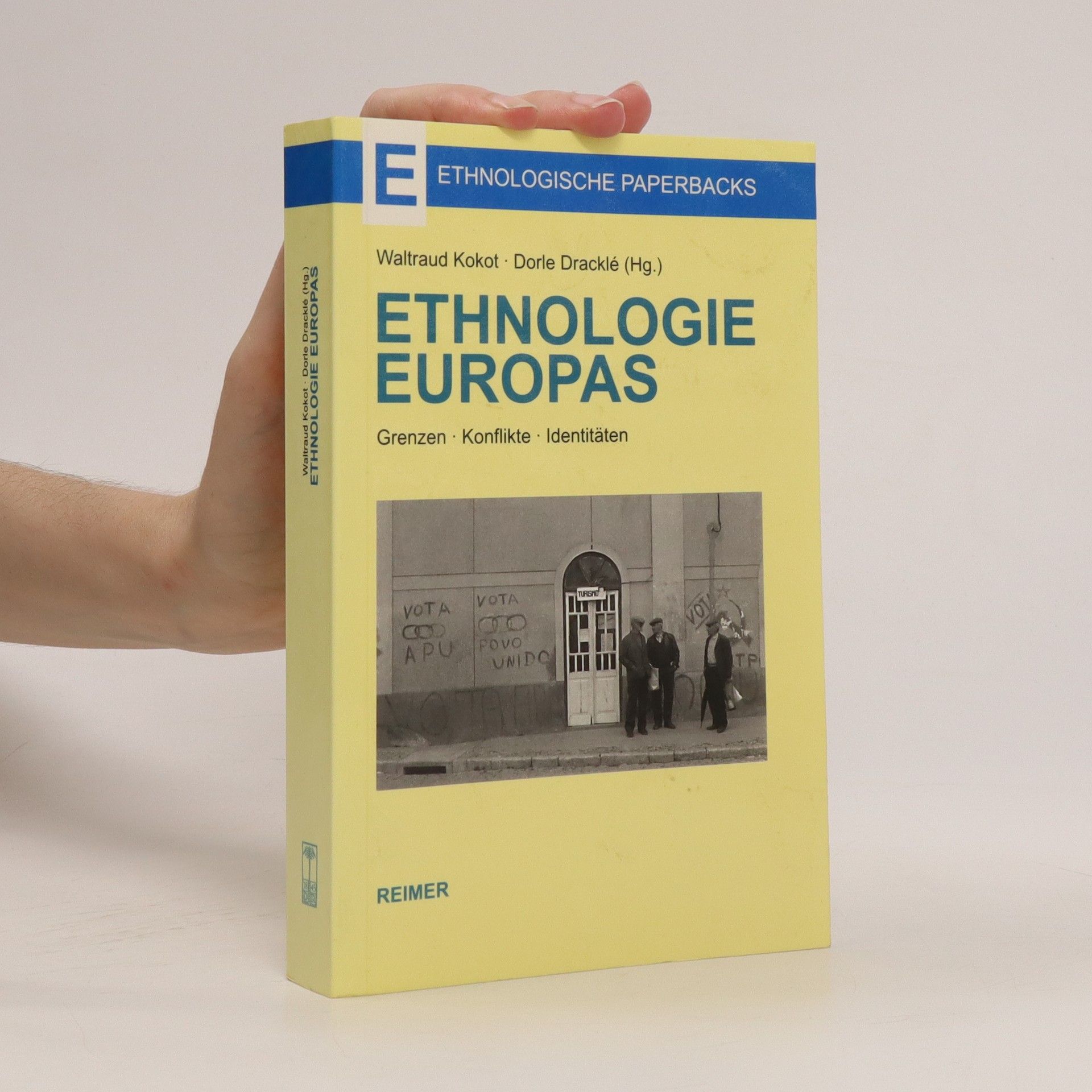Kulturwissenschaftliche Stadtforschung
- 333pages
- 12 heures de lecture



Der von Hans Fischer herausgegebenen Einführung in die Ethnologie folgt hier der Anschlussband für Fortgeschrittene. Das Handbuch gibt einen Überblick über die systematischen Teilgebiete und die Theoriebildung/Methodenlehre der Ethnologie für Studierende nach dem Grundstudium, Ethnologen im Beruf und Angehörige von Nachbardisziplinen. Die Ethnologie zeichnet sich heute durch vielfältige Ansätze, Standpunkte, Theorien aus. Die Autoren des Bandes stellen die leitenden Hypothesen, Schlüsselbegriffe und zentralen Untersuchungsmethoden vor, dokumentieren den aktuellen Erkenntisstand des Faches und beziehen Stellung, in welcher Richtung sich die Forschung ein einem Gebiet produktiv weiterentwickeln lässt. Von der Kulturökologie bis zur Frage, wie ein Völkerkundemuseum im Kahr 2000 aussehen wird, reicht das angesprochene Themenspektrum. Traditionelle Gebiete der Ethnologie werden genauso angesprochen wie neu hinzugetretene Forschungsansätze und die Übergänge zu Nachbardisziplinen. Durch die Bündelung der Einzelbeiträge soll zudem das Gespräch zwischen den unterschiedlichen Strömungen und Teilgebieten der heutigen Ethnologie angeregt werden. Ein Buch, das umfassend informiert, anregt und zur Diskussion einlädt.